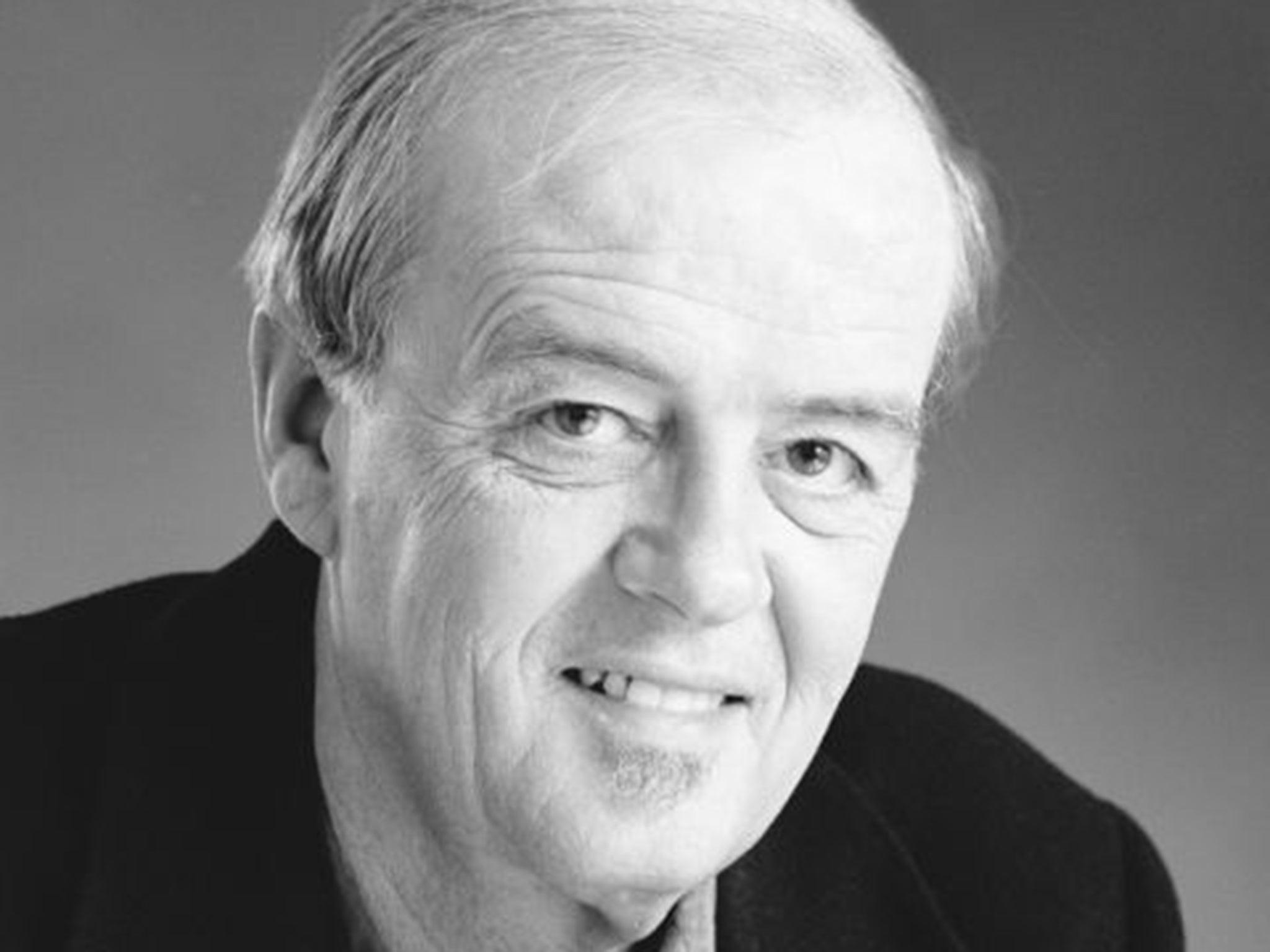James Tate: Pulitzer Prize-winning poet celebrated for his ability to mix the frivolous and humorous with the dark and serious
Tate wrote more than 20 collections of verse, and his work defied easy labels

James Tate planned to be a petrol station attendant but changed course in college when he discovered that he could write poetry. He went on to write more than 20 collections of verse, including his Pulitzer Prize-winning Selected Poems (1991). On learning that he had been chosen for the Pulitzer, he asked the person on the other end of the line, "Will you please double-check that?"
Poetry, he wrote, was "a rare species of bird / that refuses to be categorized", and his own work defied easy labels. Many critics described it as absurdist, while others readers found him plain-spoken. A consensus among admirers was that he had an unusual ability to merge the extraordinary and the ordinary, the dark and the humorous.
The poet Charles Simic, also a recipient of the Pulitzer Prize, described Tate as "one of our great comic masters." In one poem, called "A Glowworm, a Lemur, and Some Women," Tate described a small creature en route to a philosophy department meeting.
The glowworm tried to philosophize, he wanted an overview,
he wanted to see something else, like a ballfield
the size of a postage stamp, with the fans asleep at last,
and the hotdogs cooing, paradigmatically, in their buns.
"Critics usually deal with him by calling him a surrealist and leaving it at that," Simic wrote. "If he is one, he belongs to that native strain of surrealism to which Buster Keaton and WC Fields also belong."
Tate also delved more directly into the serious. "I love to take a poem," he told Simic, "that starts with something seemingly frivolous or inconsequential and then grows in gravity until by the end it's something very serious."
The poet John Ashbery, another recipient of the Pulitzer and the National Book Award, wrote that Tate "is the poet of possibilities, of morph, of surprising consequences, lovely or disastrous, and these phenomena exist everywhere. I return to Tate's books more often perhaps than to any others when I want to be reminded afresh of the possibilities of poetry."
He was born James Vincent Appleby in Kansas City in 1943. He never met his father, a B-17 pilot who died in action during the Second World War, and later took the surname of a stepfather. At one point his mother became involved with a man who beat her. Tate recalled once putting a gun to the man's head.
Tate began writing poetry at Kansas State College, whence he graduated in 1965. One of his earliest collections, published when he was 23 and selected for the noted Yale Series of Younger Poets, was called "The Lost Pilot" in honour of his father. Tate wrote in the title poem:
My head cocked toward the sky,
I cannot get off the ground,
and, you, passing over again,
fast, perfect, and unwilling
to tell me that you are doing
well, or that it was mistake
that placed you in that world,
and me in this; or that misfortune
placed these worlds in us.
Tate joined the University of Massachusetts at Amherst in 1971. His early collections included The Oblivion Ha-Ha (1970) and Viper Jazz (1976); among his more recent books was The Eternal Ones of the Dream: Selected Poems 1990-2010 (2012). In addition to his poetry, he wrote the short story collection Dreams of a Robot Dancing Bee (2002), the non-fiction collection The Route as Briefed (1999) and, with Bill Knott, the novel Lucky Darryl (1977).
"I love my funny poems, but I'd rather break your heart," Tate told Simic. "And if I can do both in the same poem, that's the best. If you laughed earlier in the poem, and I bring you close to tears in the end, that's the best."
EMILY LANGER
James Vincent Appleby (James Tate), poet: born Kansas City, Missouri 8 December 1943; twice married (two stepchildren); died Springfield, Massachusetts 8 July 2015.
© The Washington Post
Subscribe to Independent Premium to bookmark this article
Want to bookmark your favourite articles and stories to read or reference later? Start your Independent Premium subscription today.

Join our commenting forum
Join thought-provoking conversations, follow other Independent readers and see their replies